
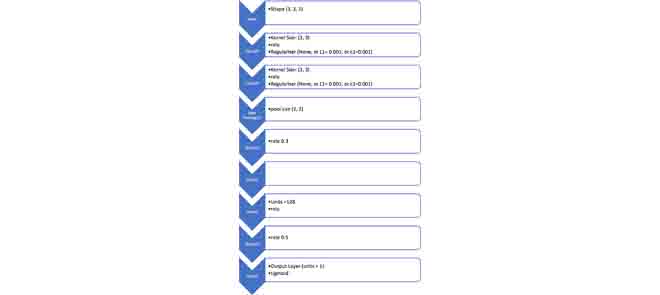
The fast expansion of the Internet of Things (IoT) in the technology and communication industries necessitates a continuously updated cyber-security mechanism to keep protecting the systems' users from any possible attack that might target their data and privacy. Botnets pose a severe risk to the IoT, they use malicious nodes in order to compromise other nodes inside the network to launch several types of attacks causing service disruption. Examples of these attacks are Denial of Service (DoS), Distributed Denial of Service (DDoS), Service Scan, and OS Fingerprint. DoS and DDoS attacks are the
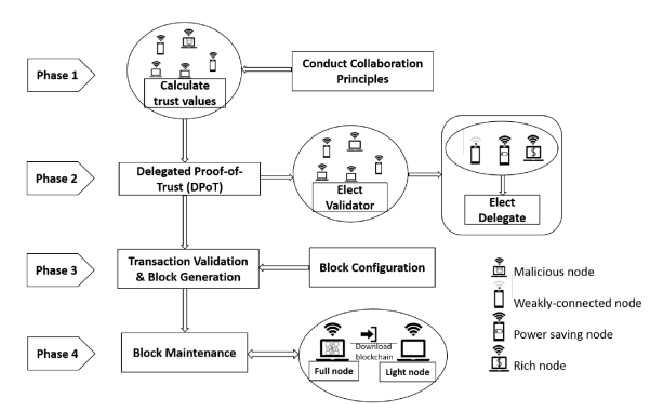
Many systems have recently begun to examine blockchain qualities in order to create cooperation enforcement methods. This paper provides a complete and extensive evaluation of work on multi-hop MANETs with blockchain-based trust control between nodes. We contextualize the snag of security in MANETs resulting from the lack of trust between the participating nodes. We present the blockchain concepts and discuss the limitation of the current blockchain in MANETs. We review the promising proposed ideas in the state-of-the-art based on research papers. Finally, we discuss and summarize strategies
Wireless sensor networks (WSNs) have garnered much attention in the last decades. Nowadays, the network contains sensors that have been expanded into a more extensive network than the internet. Cost is one of the issues of WSNs, and this cost may be in the form of bandwidth, computational cost, deployment cost, or sensors’ battery (sensor life). This paper proposes a dual-level sensor selection (DLSS) model used to reduce the number of sensors forming WSNs. The sensor reduction process is performed at two consecutive levels. First, a combination of the Fisher score method and ANOVA test at the
This paper proposes Parallelized Linear Time-Variant Acceleration Coefficients and Inertial Weight of Particle Swarm Optimization algorithm (PLTVACIW-PSO). Its designed has introduced the benefits of Parallel computing into the combined power of TVAC (Time-Variant Acceleration Coefficients) and IW (Inertial Weight). Proposed algorithm has been tested against linear, non-linear, traditional, and multiswarm based optimization algorithms. An experimental study is performed in two stages to assess the proposed PLTVACIW-PSO. Phase I uses 12 recognized Standard Benchmarks methods to evaluate the
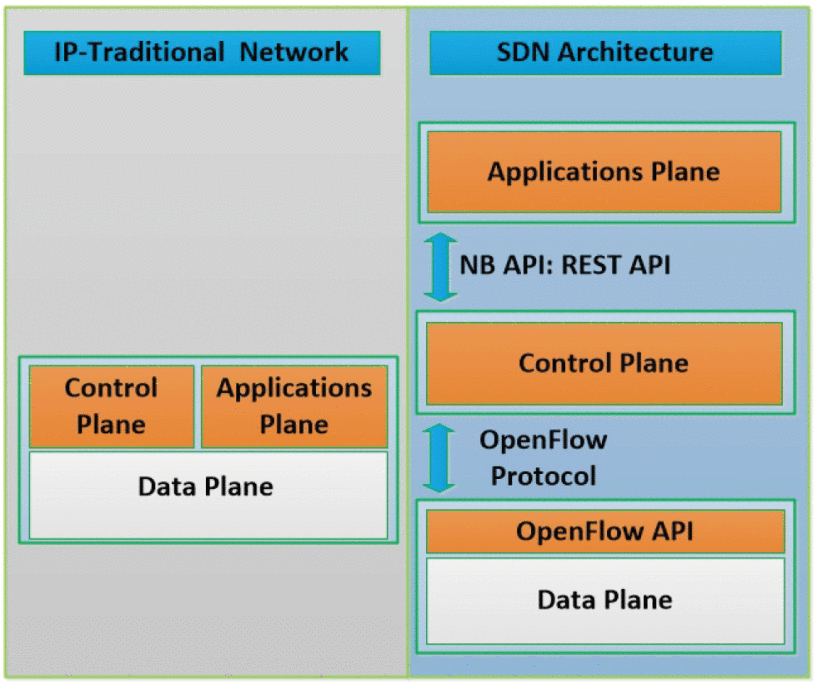
Software Defined Networking (SDN) is an emerging network platform, which facilitates centralised network management. The SDN enables the network operators to manage the overall network consistently and holistically, regardless the complexity of infrastructure devices. The promising features of the SDN enhance network security and facilitate the implementation of threat detection systems through software applications using open APIs. However, the emerging technology creates new security concerns and new threats that do not exist in the current traditional networks. Distributed Denial of Service
Big data is a vast amount of structured and unstructured data that must be dealt with on a regular basis. Dimensionality reduction is the process of converting a huge set of data into data with tiny dimensions so that equal information may be expressed easily. These tactics are frequently utilized to improve classification or regression challenges while dealing with machine learning issues. To achieve dimensionality reduction for huge data sets, this paper offers a hybrid particle swarm optimization-rough set PSO-RS and Mayfly algorithm-rough set MA-RS. A novel hybrid strategy based on the
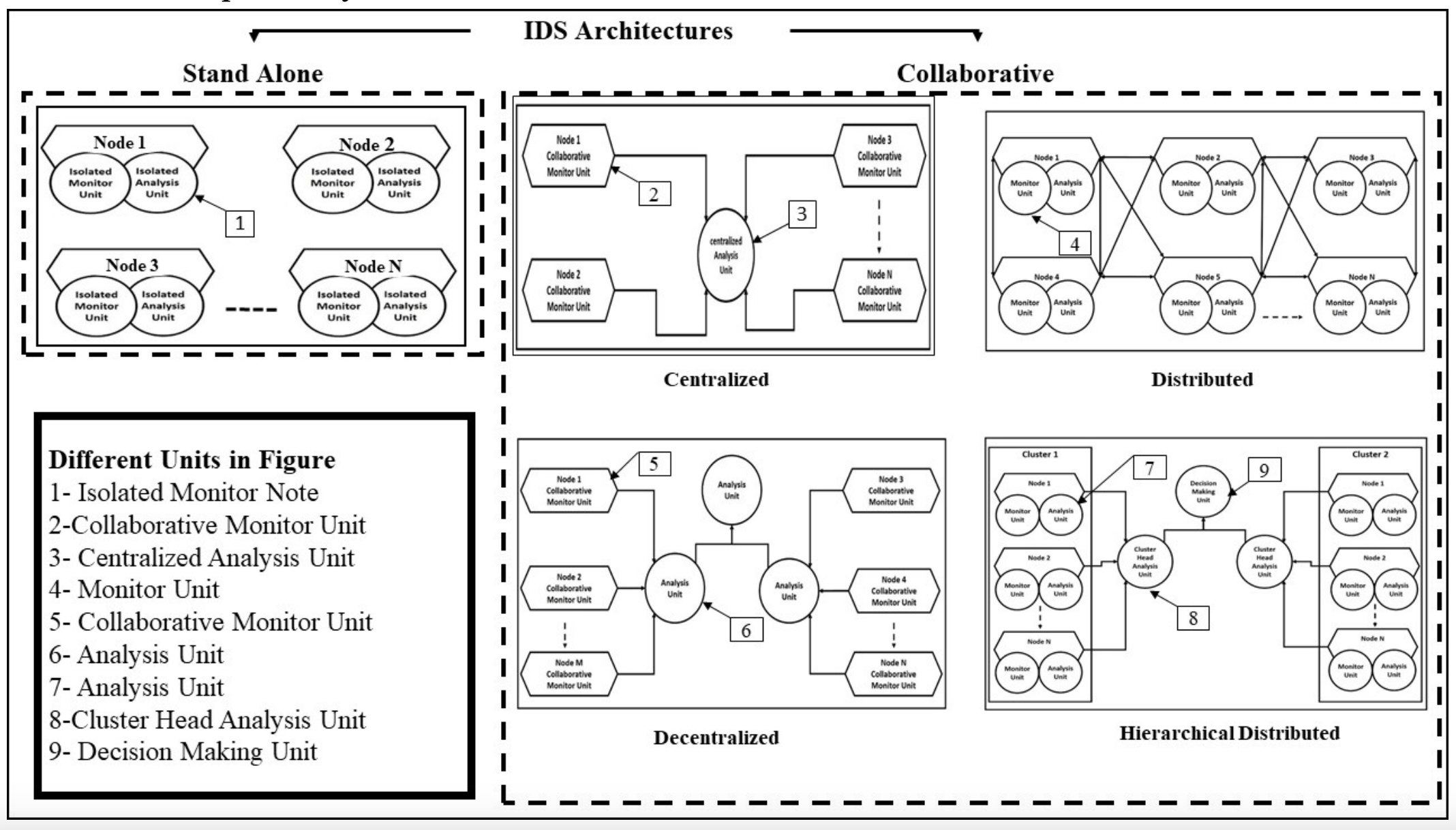
Ad hoc networks have been through extensive research in the last decade. Even with their desirable characteristics, major issues related to their security need to be considered. Various security solutions have been proposed to reduce the risks of malicious actions. They mainly focus on key management, authentication, secure localization, and aggregation techniques. These techniques have been proposed to secure wireless communications but they can only deal with external threats. Therefore, they are considered the first line of defense. Intrusion detection systems are always required to
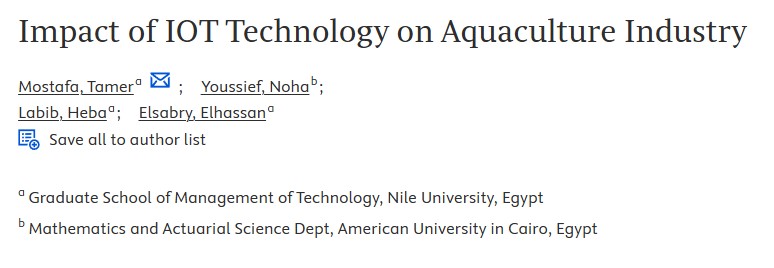
The beginning of the internet of things (IoT) technology has brought significant improvements in various sectors, including agriculture and aquaculture. The aquaculture industry, which encompasses the farming of aquatic organisms, stands to benefit from the integration of IoT technology in its operations. This thesis aimed to investigate the impact of IoT technology on the aquaculture industry, focusing on its adoption and utilization by industry stakeholders in Egypt. In addition, it provides a comprehensive understanding of the transformative potential of the IoT technology for the
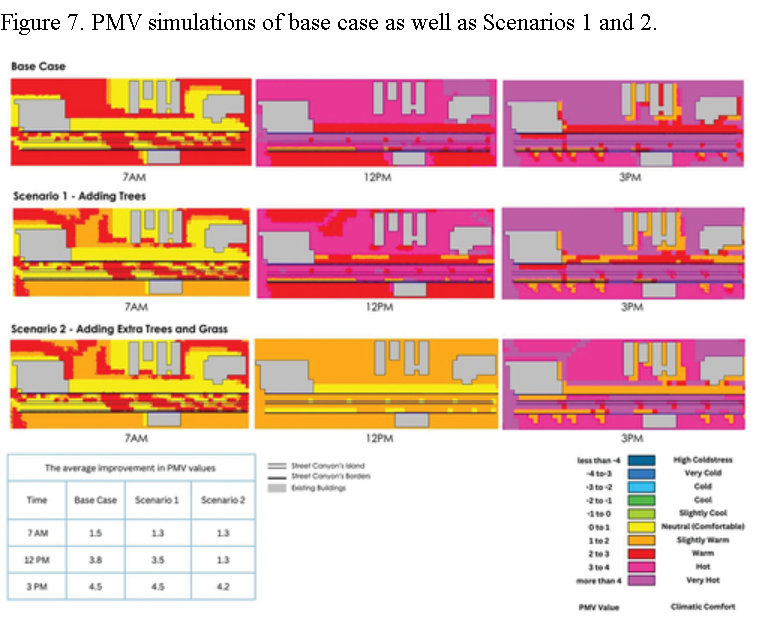
Climate change is a major issue all over the world which has a great impact on global warming especially in countries with hot arid climates like Egypt. With rapid urbanization, streets in Greater Cairo and new cities are mostly car-oriented, which increases the Urban Heat Island(UHI) and, hence, affects the overall outdoor thermal comfort. Looking at the urban development in recent years, almost 10 new private universities are in operation in Cairo’s new cities together with a number of large recreational projects where they lack the appropriate vegetation surrounding their borders which in